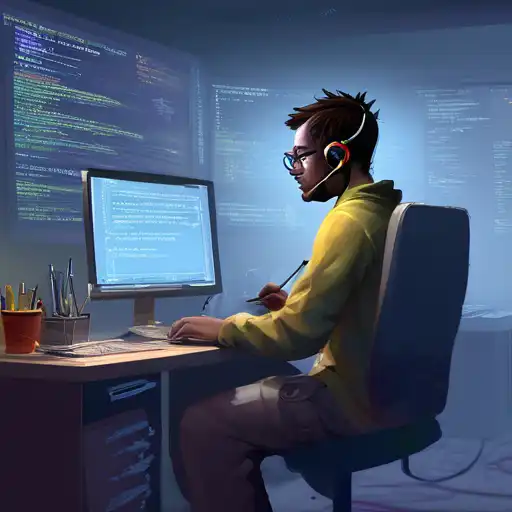Introduction to Debugging for New Programmers
Debugging is an essential skill for every programmer, especially for those just starting out. It involves identifying and resolving errors or bugs in your code that prevent it from running correctly. This article provides practical debugging tips to help new programmers navigate through common coding mistakes efficiently.
Understand the Error Messages
One of the first steps in debugging is to read and understand the error messages displayed by your compiler or interpreter. These messages often contain valuable information about what went wrong and where in your code the error occurred. Taking the time to comprehend these messages can save you hours of unnecessary frustration.
Use a Debugger Tool
Debugger tools are invaluable for stepping through your code line by line, examining the state of variables, and understanding the flow of execution. Familiarize yourself with the debugger in your programming environment to make your debugging process more efficient.
Break Down Your Code
When faced with a bug, try breaking down your code into smaller, more manageable segments. Test each segment individually to isolate the section causing the issue. This method, known as divide and conquer, can significantly simplify the debugging process.
Check for Common Mistakes
New programmers often make similar mistakes, such as syntax errors, off-by-one errors in loops, or incorrect variable names. Reviewing your code for these common pitfalls can quickly lead you to the source of the problem.
Take a Break
Sometimes, the best debugging strategy is to step away from your computer for a while. Taking a break can help clear your mind, allowing you to return to your code with a fresh perspective and often spot errors you previously overlooked.
Seek Help from the Community
Don't hesitate to seek help from online forums or communities like Stack Overflow. Many experienced programmers are willing to offer advice and share their debugging strategies. Remember to provide a clear description of your problem and the steps you've already taken to resolve it.
Practice Makes Perfect
Debugging is a skill that improves with practice. The more you code and encounter bugs, the better you'll become at identifying and fixing them. Embrace each debugging session as a learning opportunity to enhance your programming skills.
Conclusion
Debugging is an inevitable part of programming, but with the right strategies, it doesn't have to be daunting. By understanding error messages, utilizing debugger tools, breaking down your code, checking for common mistakes, taking breaks, and seeking community help, you can become more proficient at debugging. Remember, every programmer, no matter how experienced, encounters bugs—what matters is how you deal with them.
